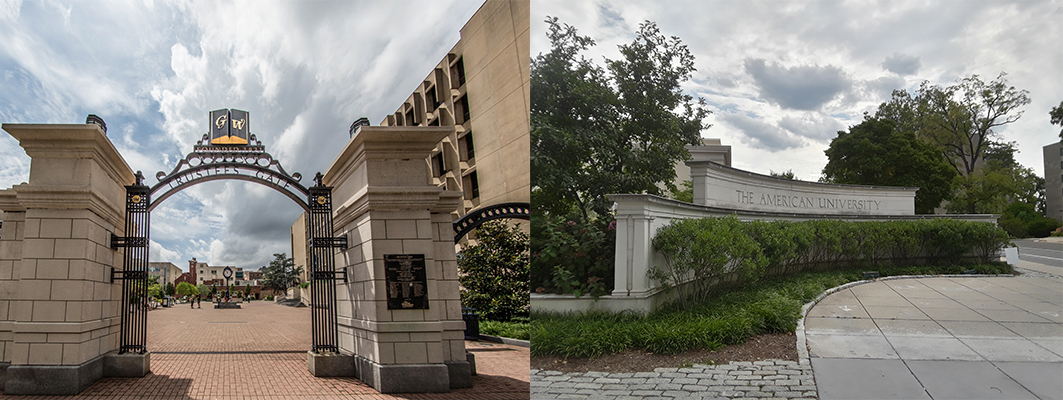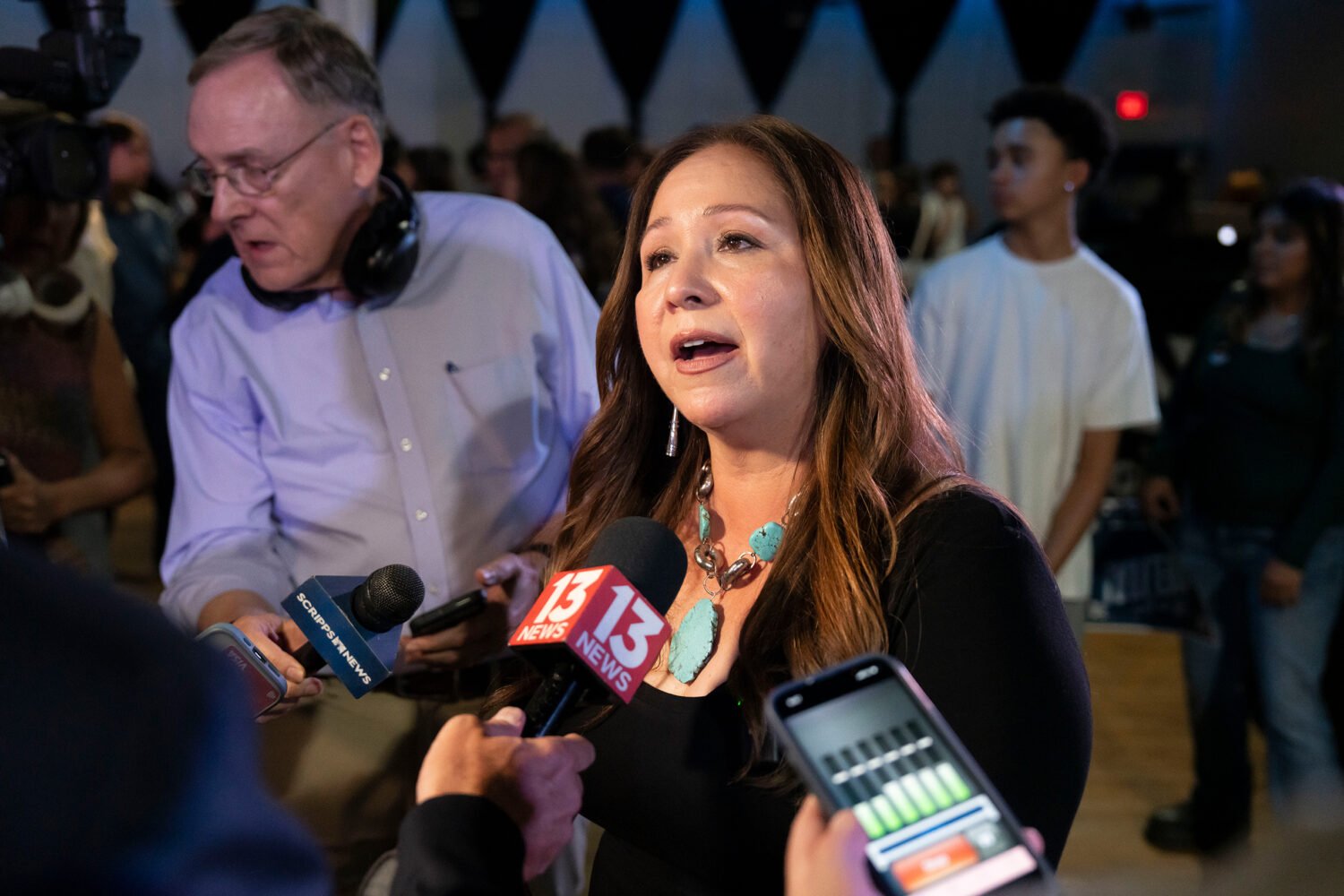| American University’s Polarization and Extremism Research and Innovation Lab (PERIL) | George Washington University’s Program on Extremism (PoE) | |
|---|---|---|
| What’s its mission? | Launched in 2019, PERIL has been researching ways to prevent young people from becoming radicalized and to intervene if they do. The goal isn’t just academic: It’s trying to develop strategies that could actually help communities keep kids out of extremist groups. | The focus goes beyond the United States—PoE was found-ed in 2015 to look at a number of threats, including jihad-ism and right-wing extremism. The goal is to develop policy solutions that could be adopted by lawmakers and law-enforcement agencies. |
| Who’s Behind It? | Cynthia Miller-Idriss, an AU professor who has spent more than two decades studying far-right movements (both here and in places like Germany) and youth radicalization. | The program is run by Lorenzo Vidino, an expert on Islamism in North America and Europe whose research has often focused on jihadist networks and counter-radicalization policies. |
| Sample project | Last summer, PERIL released a toolkit that helps parents and other caregivers recognize signs of online radicalization—with an emphasis on new risks in the Covid era—and learn ways to address it. | The GW Extremism Tracker, started in 2016, is a monthly report documenting cases of terrorism in the US. Each update includes details about new terrorism-related activities and legal proceedings. |
| Response to January 6 | On Inauguration Day, PERIL put out a four-point response to the US Capitol attack with recommendations for fighting domestic extremism. One key: Tech companies must do a better job of slowing the flow of propaganda and misinformation. | In April, the Program on Extremism released a 44-page report examining military experience among participants in the at-tack. Of the 357 people charged, 43—or 12 percent—had some kind of military background. |
News & Politics
Extremism-Studies Programs Are a Thing at DC Universities. How Do They Stack Up?

Photos courtesy of universities.














